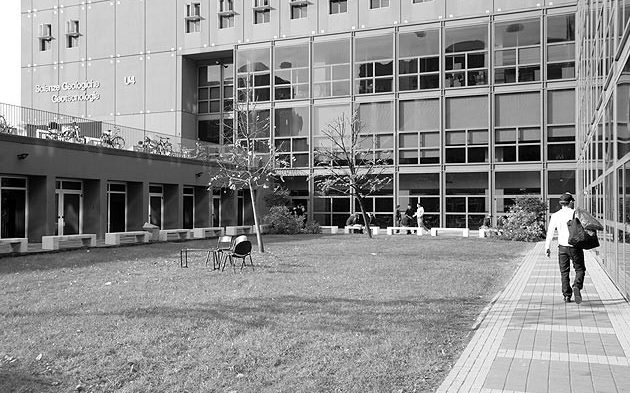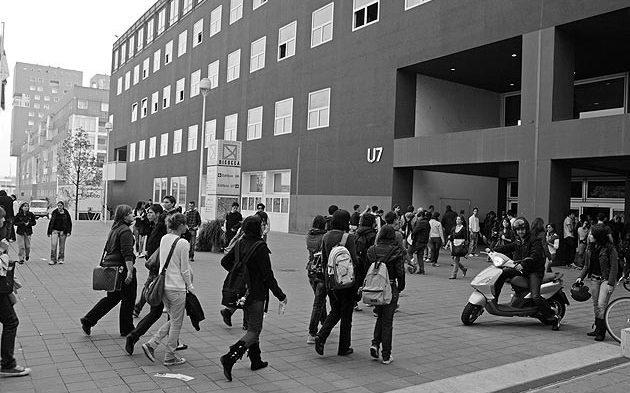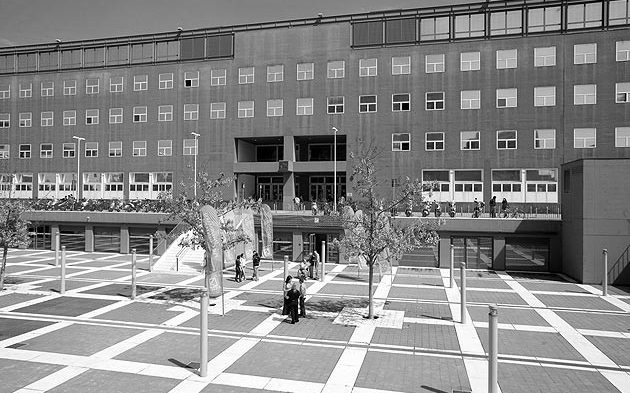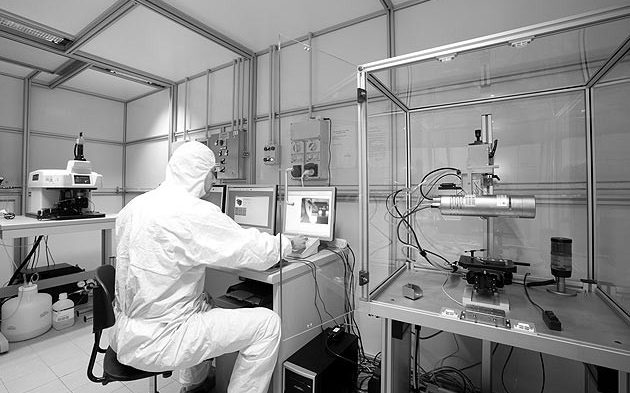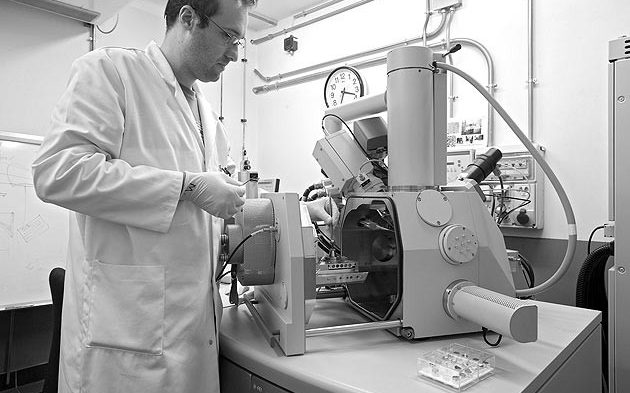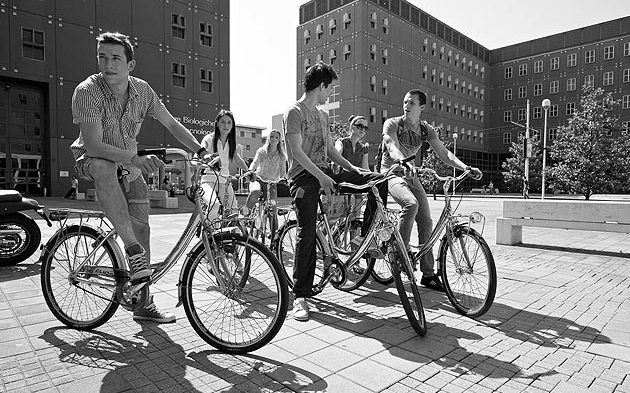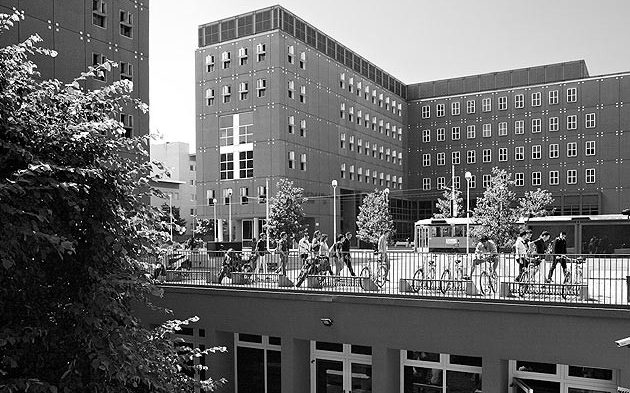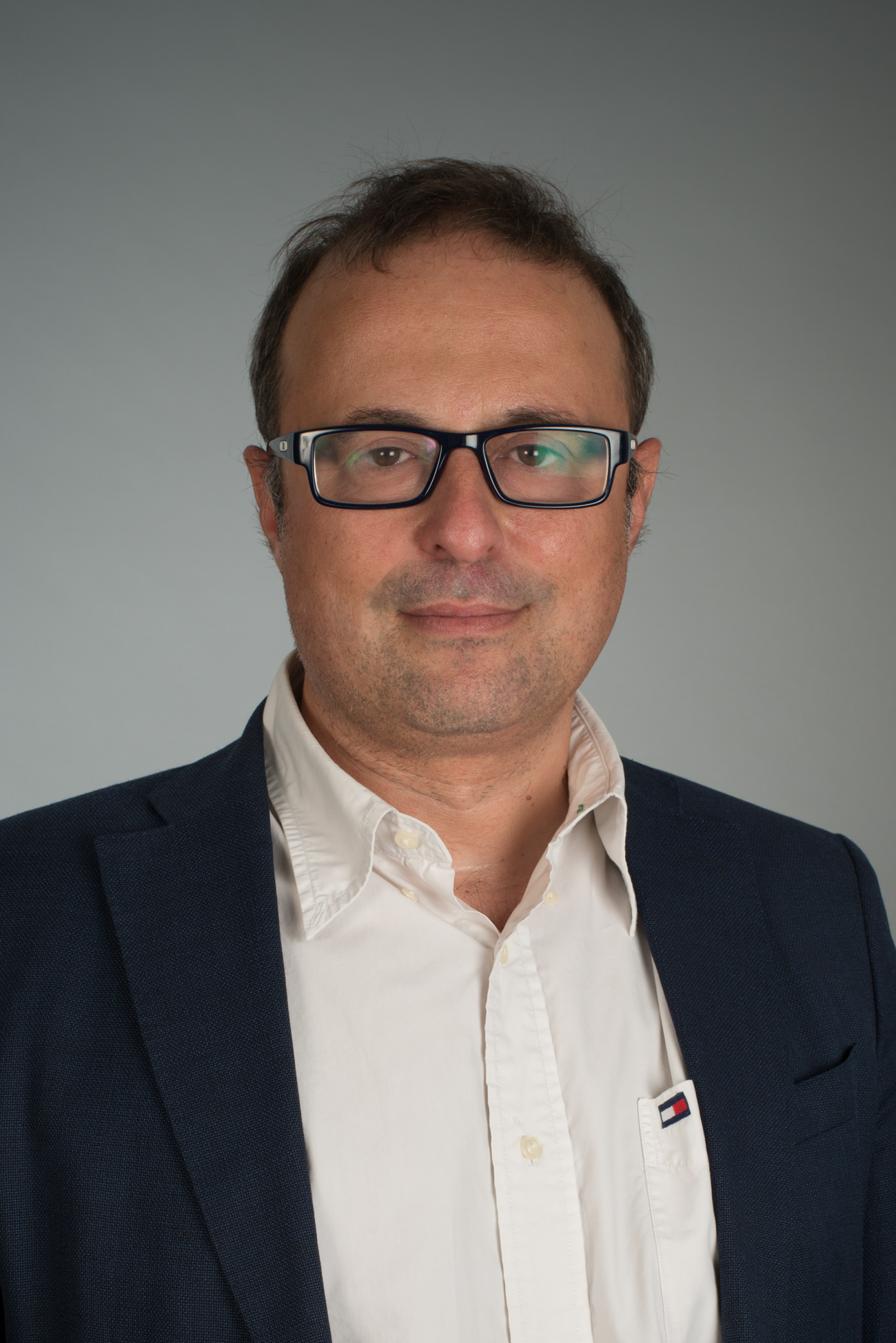The University of Milano-Bicocca was founded in June 1998. It is set on an area, called Bicocca, in the northern part of Milan which was the kernel of its past industrial activity with a lot of the largest Italian factories in steel processing, chemical manufacturing, and electro-mechanics. Nowadays the production lines are far from town, and part of advanced industrial research and managing are still in the borough of Bicocca. For this reason the University of Milano-Bicocca has strong technological vocation. In the faculty of science non-traditional degrees, from BSc to PhD, in materials science, biotechnology and environmental science are coupled to the conventional ones in physics, mathematics, biology, chemistry, computation and earth science. Very exciting atmosphere, up-to-date laboratory training, several research groups of international level and officially rated among the top in Italy, have attracted a lot of students; at the present the whole University hosts more than 30000 students.
SCIENTIFIC ACTIVITIES WITHIN PCAM
The scientific activities related to PCAM are developed in the Department of Materials Science. where the research laboratories and the teaching staff of the doctorate in Materials Science of the University of Milano-Bicocca are located. The aim of this doctorate is to train graduate students in investigating fundamental, applicative and industrial topics, either experimentally or theoretically/computationally. Such a result is accomplished by courses and research in all areas constituting the modern materials science and the technological innovation. The main topics comprise innovative chemical processes, synthesis and application of organic semiconductors, electrochemistry, new functional and structural materials, materials for the energy production and storage, nano-structured materials, microelectronics, smart sensor systems, laser optoelectronics, theoretical and computational modelling. In particular, perspective PhD students in materials science could choose their research subject among:
- Functional materials for photonics, micro- and optoelectronics and radiation detection
– Molecular semiconductors
– Semiconductor quantum structures
– Organic non-linear optical materials
– Glass and ceramic materials
- Sensing materials
- Materials for energetics
- Hydrogen storage materials
- Organic and hybrid photovoltaic materials
- High efficiency silicon photovoltaic materials with surface treatments ·
- Fuel cells electrode and electrolyte materials
- Rechargeable Li-ions battery materials
- Advanced NMR techniques for materials
- Culture heritage and luminescence dating
- Surface science
- Crystal growth
- OMB Deposition
Theory and materials computation
- Classical and quantum molecular dynamics: simulations of growth processes and of tailoring of microelectronics and photonics materials
- Density Functional Theory, Many-Body methods and quantum modeling for magnetic nanostructures, magnetic scanning tunneling spectroscopy, and excited states in surface science
- Theoretical chemistry for catalysis
- Ab initio models for hydrids
A full list of research groups and their interests may be accessed via the Department of Materials Science web site
Shorter stays within the network
In all research groups of the Department of Materials Science of this University, shorter stays of students from Universities belonging to the PCAM network are welcomed. The interested candidate should look at the Department research topics.

